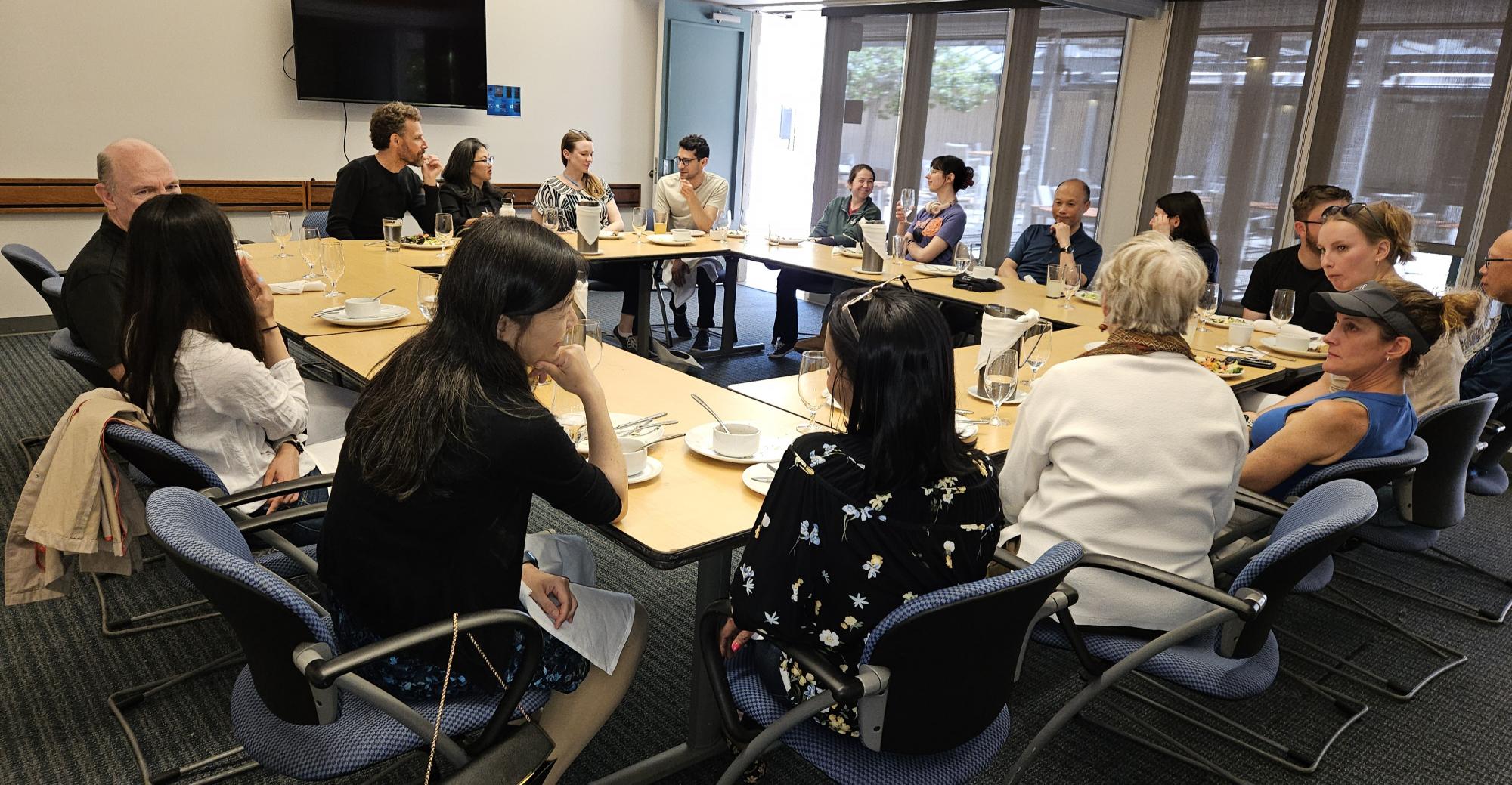
The program offers training through an interdisciplinary doctoral specialization in multi-scale biology that aims to provide a unique interdisciplinary education at the interfaces between the biological, health, physical, and engineering sciences.
- To train a new generation of cross-disciplinary scientist who has been actively engaged in dual-mentored life science research at the interfaces between established scientific disciplines via a formal, well-integrated collaboration between nine doctoral degree programs from four campus divisions.
- To provide state-of-the-art training in specialized research technologies through a curriculum of hands-on graduate laboratory courses that exposes students from different disciplines to research technologies that are normally unavailable for formal instruction and creates unique opportunities for students to work together in cross-disciplinary teams.
- To provide a unique educational focus on integrative, quantitative analysis across multiple scales of biological organization from molecule to organism in health and disease. This theme is complementary with many interdisciplinary research centers and projects on campus, but it is entirely distinct from any other existing training grant or graduate program in La Jolla.
Scientifically, the program has a well-defined, intellectual focus that complements all of the participating graduate programs but is also distinct from any other graduate program or specialization at UC San Diego. While integrative analysis is a common theme of modern interdisciplinary research in biomedical science, bioinformatics and systems biology emphasize integration of biological information or integration of interacting biological components and functions, and are driven by high-throughput, genome-scale biological measurement.
In contrast, our focus on multi-scale biology emphasizes integration across physical scales of biological structure and is driven by technologies that probe the physical structure and properties of living systems from molecular to organism scales. This is reflected in the curriculum of the specialization that comprises eight high-technology laboratory courses providing hands-on instruction in techniques for protein structure determination, microscopy, optical imaging, tissue engineering, whole-body magnetic resonance imaging and multi-scale numerical analysis. We deliberately chose a laboratory-based curriculum to emphasize the practical application of specialized technologies (that are used in a wide variety of biomedical science contexts) such as mass spectrometry, electron microscopy and MRI, and to minimize the need for discipline-specific theoretical prerequisites. By working in interdisciplinary lab groups, students also combine their diverse academic strengths and solve research-based problems together.
Proposition 209 Compliance
In accordance with applicable Federal and State law and University policy, the University of California does not discriminate, or grant preferences, on the basis of race, color, national origin, religion, sex, disability, and/or other protected categories.
More information about Proposition 209 can be found here.
More information about the University of California Anti-Discrimination Policy can be found here.